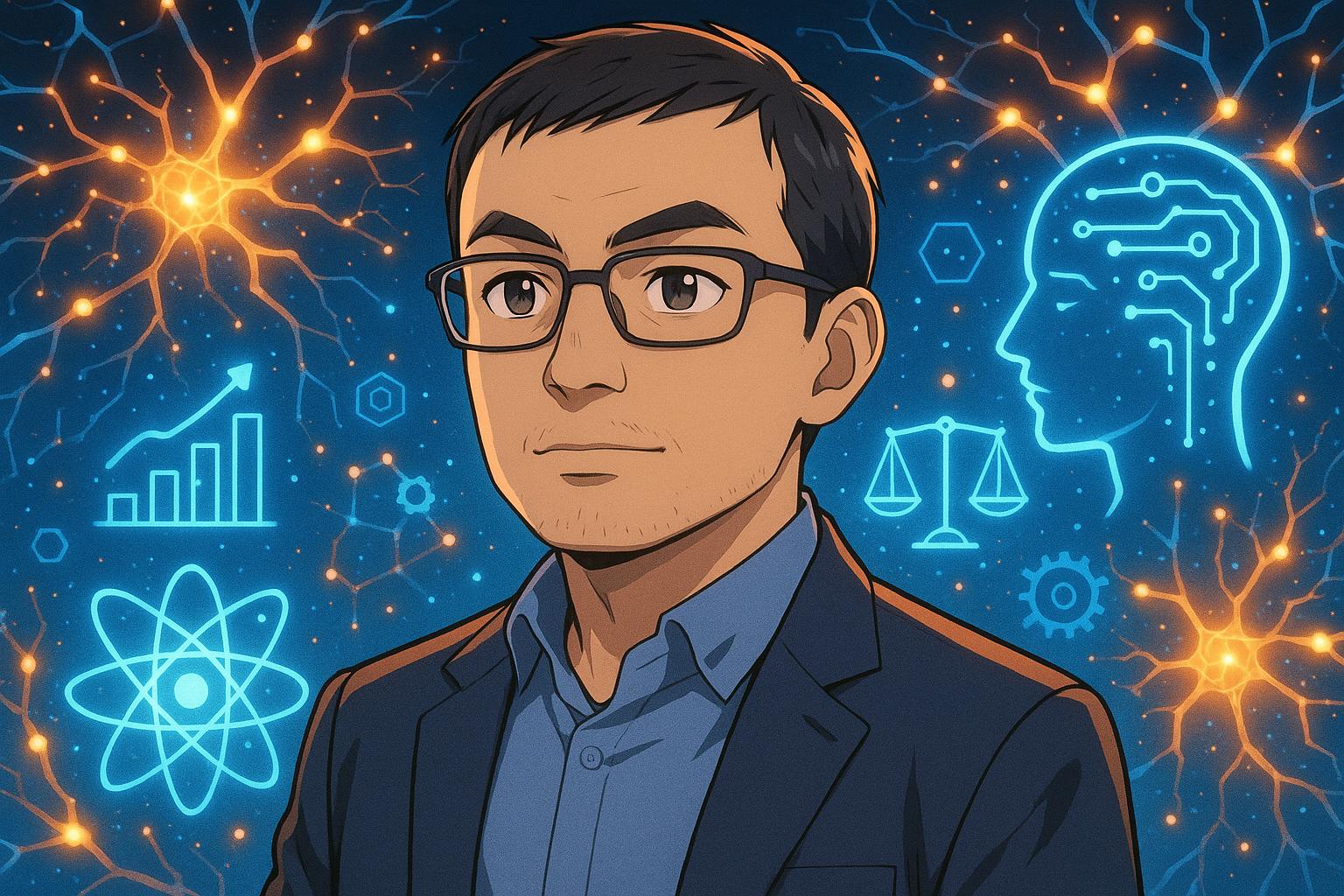Demis Hassabis, the CEO and co-founder of Google DeepMind, recently articulated a bold vision for the future of artificial intelligence (AI), predicting that the elusive goal of artificial general intelligence (AGI) could be reached within the next decade. Speaking at the Google I/O developer conference, Hassabis emphasised the transformative potential of such advancements, foreseeing significant changes in the job market. While he acknowledged the inevitable disruption that some existing jobs will face, he was optimistic about the emergence of new roles that would not only be valuable but also intellectually stimulating. “Whatever happens with these AI tools, you’ll be better off understanding how they work and what you can do with them,” he advised students, urging them to embrace the changes ahead.
This call to action resonates strongly in a time when generative AI technologies are evolving at breakneck speed, a trend ignited by the launch of OpenAI's ChatGPT in 2022. Hassabis encourages students, particularly those at the university level, to cultivate an adaptability in their learning, shaping them into versatile learners who can thrive in an ever-changing landscape. He suggested that individuals blend their personal passions with core skills, tapping into opportunities in emerging fields such as virtual and augmented reality, as well as quantum computing. This advice is vital, particularly for graduates entering a labour market characterised by rapid technological innovation and disruption.
Reflecting on this technological momentum, Hassabis conveyed his belief that public perceptions of AI's potential oscillate between excessive caution and unwarranted hype. In an interview at the University of Cambridge, he noted that while advancements in AI could revolutionise scientific discovery, there remain substantial ethical and regulatory challenges. He highlighted the need for global cooperation in establishing ethical guidelines to mitigate the risks associated with AI misuse and to ensure that these technologies benefit humanity as a whole. This echoes sentiments shared by his colleagues, who underscore the importance of addressing the potential dangers of AGI and the need for responsible development practices.
In the broader context of AI's capabilities, Hassabis's work has yielded significant milestones, such as the success of AlphaFold, a tool that predicts protein structures and stands poised to revolutionise various fields of medicine. His efforts reflect a dedication to harnessing AI's potential in solving real-world challenges, a perspective that came into sharper focus with his recent recognition as a Nobel laureate in Chemistry. This accolade underscores the transformative role AI can play in scientific advancement, while also reminding us of the complexities involved in managing its impact on society and the environment.
Parallel to these developments, Hassabis's initiative, Isomorphic Labs, aims to accelerate the drug discovery process significantly. By leveraging AI to streamline research, the lab seeks to address pressing health issues, including oncology and neurodegeneration. It has garnered partnerships with major pharmaceutical companies, illustrating the practical applications of AI-driven innovation in combating global health challenges. As the landscape of healthcare continues to evolve, the merging of AI with traditional medical practices represents a promising frontier that could reshape treatment paradigms.
As the race towards AGI intensifies, figures like Hassabis and his fellow DeepMind co-founder Shane Legg are at the forefront of discussions about AI's potential and associated risks. Their advocacy for an ethical approach towards AI development is crucial, particularly as public scepticism about the technology continues. While the future remains uncertain, Hassabis’s insights convey a message of cautious optimism, emphasising that amidst disruption lies the potential for profound opportunities. Grounded in his deep understanding of both technology and neuroscience, he posits that the true value of AI will be realised through cooperation, knowledge sharing, and a shared commitment to ethical standards.
In this rapidly evolving dual landscape of threat and opportunity, the call for responsible AI advancement becomes ever more pressing. As students, innovators, and policymakers alike grapple with these issues, Hassabis’s vision provides a beacon, one that encourages a proactive approach towards the challenges and possibilities that lie ahead in the age of AI.
Reference Map:
- Paragraph 1 – [1]
- Paragraph 2 – [1], [2], [5]
- Paragraph 3 – [2], [4]
- Paragraph 4 – [4], [5]
- Paragraph 5 – [3], [6]
- Paragraph 6 – [6]
Source: Noah Wire Services
